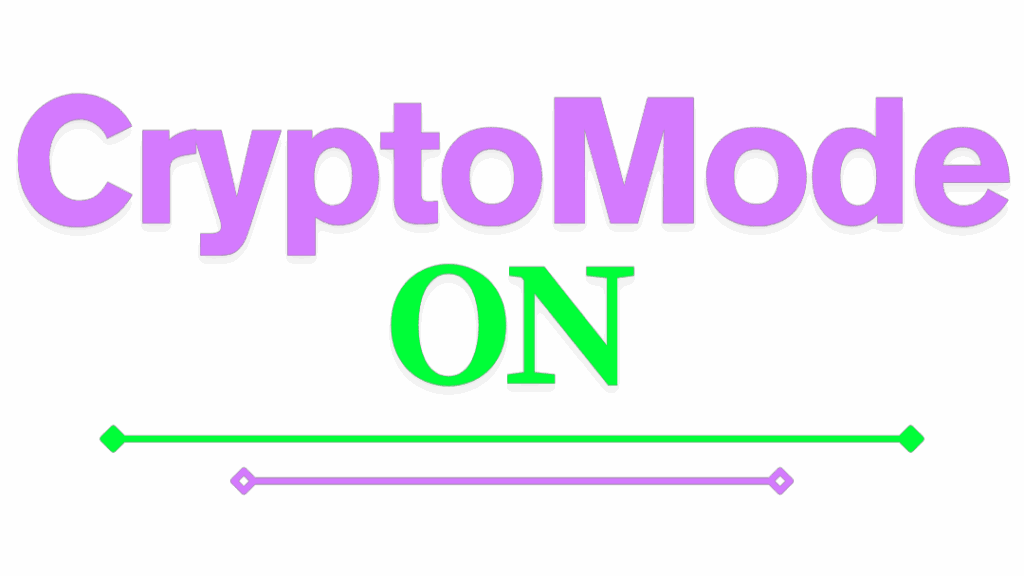Navigating the world of online loans can be daunting, especially when it comes to understanding the requirements needed to apply. With numerous lenders offering various conditions, knowing what documents are necessary is crucial. From employment information to proof of income, potential borrowers need to be well-prepared to ensure a smooth application process and improve their chances of approval.
Whether you’re currently employed under a formal contract, rely on freelance work with green receipts, or are concerned about a history of credit defaults, there are specific considerations you must be aware of prior to applying. Lenders typically assess such information to gauge your financial responsibility and ability to repay the borrowed amount effectively.
Additionally, age restrictions and income thresholds often play a significant role in determining eligibility. Most lenders require applicants to meet a minimum age requirement, typically 18 years, and to demonstrate a stable income that aligns with their lending criteria. Understanding these prerequisites can significantly enhance your loan application experience, ensuring that you meet the necessary standards set by financial institutions.
Required Documents for Loan Application
Applying for a loan necessitates certain key documents, primarily to verify your identity and financial stability. A valid government-issued ID is essential, such as a driver’s license or passport. Additionally, recent bank statements and your Social Security Number are typically required to confirm your financial history and credibility.
Proof of residency is another vital document that lenders may request. This can be satisfied with utility bills or lease agreements, showcasing your current address. A well-documented residency history helps lenders evaluate your stability. Consistent information in these documents enhances lender confidence in your residence status.
Employment verification is fundamental to loan applications, as it demonstrates your capacity to repay. This can include a work contract if you are formally employed or green receipts for freelance work. Lenders need assurance of your earnings, making this documentation a crucial aspect of the application process.
Employment Details and Income Verification
Documentation related to your employment is crucial for your loan application. Lenders typically require recent pay stubs to ascertain a stable and consistent source of income. If you are self-employed or work freelance, submitting tax returns alongside green receipts will bolster your claim of financial reliability.
When providing employment details, a work contract serves as substantial evidence of ongoing income. However, for those who work freelance, maintaining accurate records of your projects and earnings is vital. Green receipts act as valid proof of income, ensuring lenders of your financial capacities despite variable earnings.
Lenders may also request contact information for your employer, allowing them to confirm your position and income status. This step seeks to validate the information provided on your application. Transparency and consistency in your employment details can significantly enhance your eligibility for loan approval.
Credit History Considerations
Your credit history plays a pivotal role in the loan approval process. Lenders assess your credit report to gauge financial responsibility and account payment anecdotes. A history of defaults does not necessarily preclude approval, but it may affect terms, requiring collateral or a cosigner to mitigate perceived risk.
Improving bad credit can involve several strategies before applying for a new loan. Ensuring all current debts are being paid on time will gradually improve your credit score. Additionally, minimizing new debt applications within a short period strengthens your creditworthiness in the eyes of potential creditors.
Communicating openly with potential creditors about past defaults can reflect your proactive stance in managing finances. By providing context or evidence of improved financial management, lenders might offer tailored solutions. A clear, restorative credit history narrative can aid in negotiating better loan terms and conditions.
Age and Income Requirements for Loan Eligibility
Most lenders require borrowers to meet a minimum age of 18 years to apply for a loan. This legal age ensures individuals can enter binding contracts independently. Some lenders might have higher age thresholds, reflecting concerns around lifecycle financial stability and credit history development.
Income plays a crucial role in loan eligibility, as it directly impacts your ability to repay the borrowed amount. Lenders often specify a minimum income requirement, ensuring applicants possess the financial means to commit to regular loan payments. This stipulation acts as a security measure against potential defaults.
Stable income, substantiated through employment details or consistent green receipts, significantly influences your eligibility. Showing a trend of growing or steady earnings strengthens your profile, aligning with lenders’ criteria. Providing comprehensive income details boosts your potential for favorable loan terms and approval.
Enhancing Your Loan Application Success
To increase the likelihood of loan approval, preparation and presentation of documents are key. Organizing all necessary paperwork, such as ID, bank statements, and proof of income before applying, can streamline the process. A complete and systematic submission demonstrates organization and reliability to creditors.
Understanding lender-specific criteria ensures you meet all prerequisites effectively. Familiarize yourself with varying standards, from minimum income levels to credit score requirements, aligning your application to different financial institutions. Tailoring your submission enhances your ability to meet individualized lender expectations.
Proactively addressing potential application weaknesses can also enhance success. Provide context for any negative credit history and stay transparent about income variability. By preemptively resolving potential concerns, you’re placing yourself in the strongest position for receiving positive application results from lenders.
Conclusion
Thorough preparation is paramount in navigating the loan application process, with an emphasis on understanding lender criteria and assembling required documentation. By adhering to age, income, and credit requirements, applicants can effectively position themselves for approval, ensuring a smooth and successful borrowing experience.
Focusing on transparency and consistency when providing employment and credit details enhances lender confidence. By demonstrating financial stability and responsibility, applicants can negotiate favorable loan terms and conditions. This proactive approach not only simplifies the application journey but also opens doors to potential financial opportunities.
